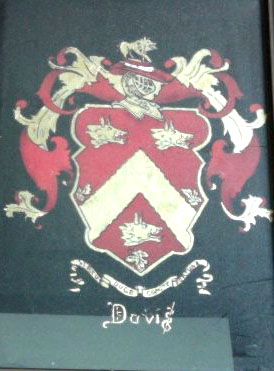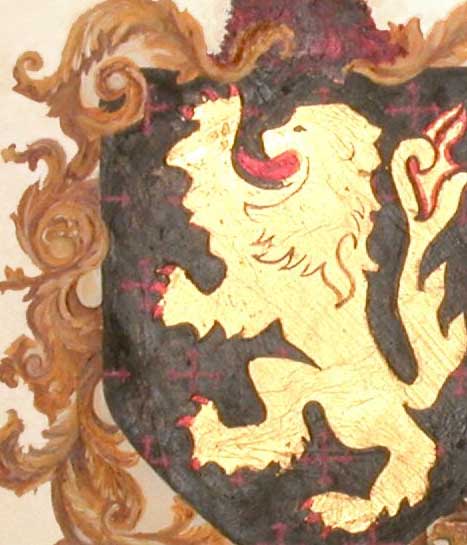Since
ancient times artists have used precious metals to create or enhance
artwork. Both gold and silver, among other metals, have been used in
making art.
From
medieval times to the present, silver has often been used in making
delicate expressive drawings. One of the most often used techniques
is “silverpoint”. This is where a thin pointed strand of silver
wire is used as a drawing instrument. Sorta like the lowly graphite
pencil of today, the silverpoint tool was used both in “sketching”
outlines for further painted artwork and to complete “finished”
pieces of art. The silver that was rubbed off the piece of silver
wire, with each stroke, stuck to the treated surface (paper, gessoed
canvas etc). Over a period of weeks, the silver would tarnish, just
like silver candlesticks do today. The soft grayed silver tarnish
would give drawings a lovely “glow”. This is a nice Wikipedia
article on the practice: http://en.wikipedia.org/wiki/Silverpoint
One of
the most enduring metals used in art is gold.....leaf to be exact. As
opposed to silverpoint's use of silver wire to make a drawing, gold
leafing has been used as a covering, in both 2D and 3D artworks. It
can be applied both to a surface of a canvas or paper and onto a
sculpture with many details. The main technique for gold leafing is
to make the surface you want to cover “sticky” with some sort of
liquid adhesive, and apply the extremely thin sheets of gold leaf.
After it is dry, a gold leaf coat can be “burnished” to enhance
the smoothness of the leafing, and increase the shine. Of course as
with any medium, there are a multitude variations on how the gold
leaf can be finished, with many different effects. Usually, after
the gold leaf is completely finished, a varnish is applied to protect
the fragile surface.
This
detail of a coat of arms shows how lovely a bit of gold leaf can be.
Incorporated into a graphic design, like a coat of arms, gold leaf is
a beautiful highlight, that will make most anything look richer. If
left un-burnished, the gold leafing will refract light in small
sparkles. If the gold leaf is burnished.....or smoothed.....then it
will be more mirror like in it's shine.
The
coat of arms at the top of this post was completed using gold leaf
and oil paints. It has the extra added twist of being done in a
“reverse glass” technique. This is painting on glass, but on the
reverse side of the glass than it will be viewed. This means that
all the normal order of painting is also reversed.....details are put
on first, then middle ground items and finally background items. The
gold leafing is added last. If you don't go crazy first.....it's a
great quirky technique!



No comments:
Post a Comment